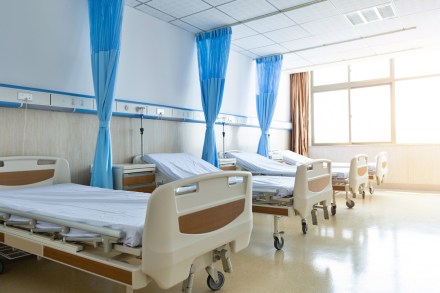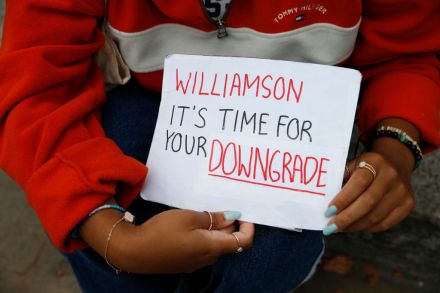The problem with fast-tracking vaccines
You have to admit it, Operation Warp Speed is a good moniker. It’s the name for the American interagency programme, initiated by the Trump administration, to produce 300 million doses of a safe vaccine for Covid-19 by January. Who couldn’t get behind this all-hands national effort to defeat the virus and end the pandemic, excitingly named after the faster-than-light space travel in Star Trek? While we wait for clinical trials led by the University of Oxford and AstraZeneca in the UK, America warps ahead. Warp speed allows the Starship Enterprise to put aside the laws of physics. Vaccine development also has its own laws, or rather guides, that describe the





















